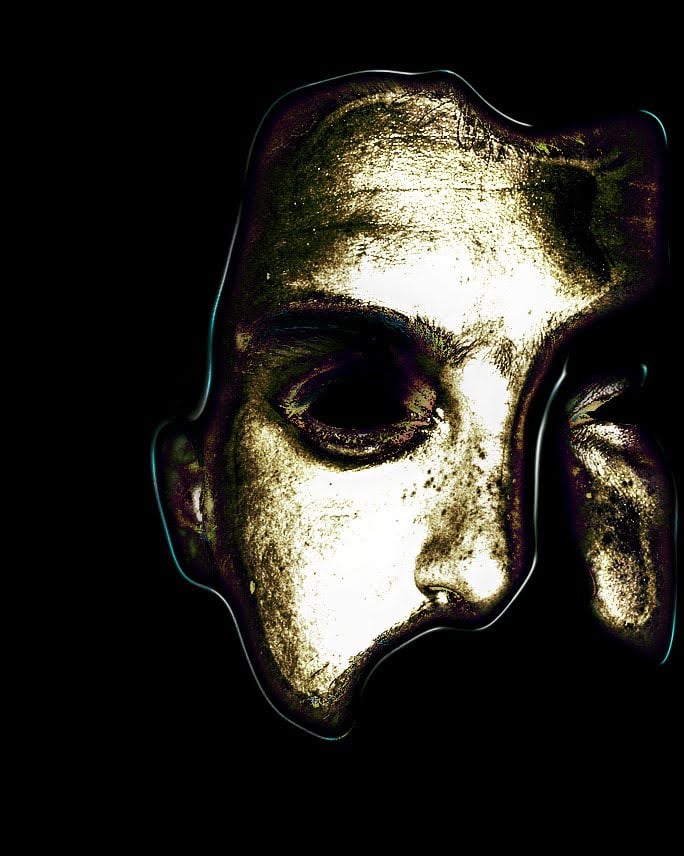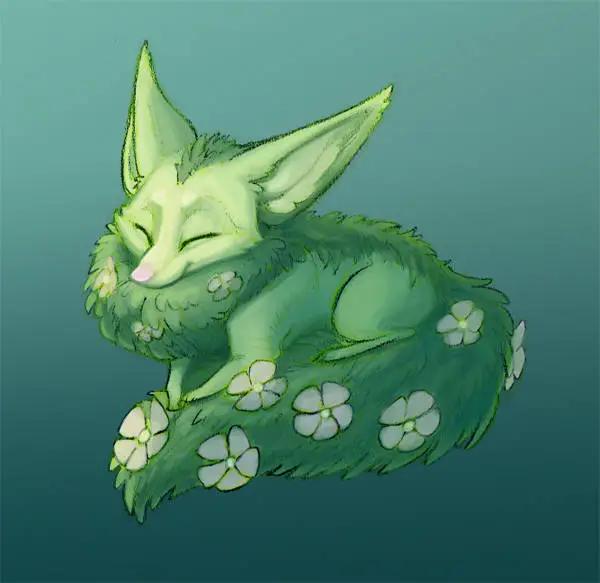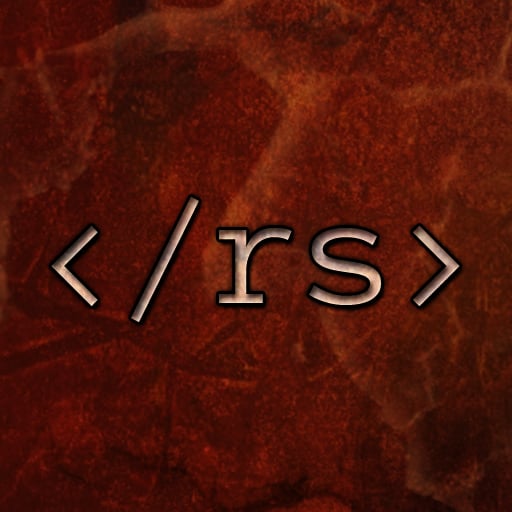…of them.
I said the last sentence two times for emphasis.
That doubling rate is worrying
From Wikipedia for the people like me that are curious
Gleason devised the Wug Test as part of her earliest research (1958), which used nonsense words to gauge children’s acquisition of morphological rules—for example, the “default” rule that most English plurals are formed by adding an /s/, /z/, or /ɪz/ sound depending on the final consonant, e.g. hat–hats, eye–eyes, witch–witches. A child is shown simple pictures of a fanciful creature or activity, with a nonsense name, and prompted to complete a statement about it:
This is a WUG. Now there is another one. There are two of them. There are two ________. Each “target” word was a made-up (but plausible-sounding) pseudoword, so that the child cannot have heard it before. A child who knows that the plural of witch is witches may have heard and memorized that pair, but a child responding that the plural of wug (which the child presumably has never heard) is wugs (/wʌgz/, using the /z/ allomorph since “wug” ends in a voiced consonant) has apparently inferred (perhaps unconsciously) the basic rule for forming plurals.
Thank you!
I sat here, for like 5 minutes, saying wugs out loud trying to figure out the joke before I clicked through to the comments and saw this lol
You silly goose! The plural or wug is wagon.
Thank you, I was confused.
I immediately went to “now there are two wug wugs”.
Es gibt zwei Wüge.
Und jetzt machen sie ein kleines Wügchen
Why nobody says wugs?
There are two wug
Because wug are like moose.
Unless it’s weg, like goose and geese.
Also, I’m kinda cheating because I’ve seen this before. The first time I saw it, I said wugs, which is exactly the point of the test.
If you ever get a chance, take a look at the other parts of the test. There’s multiple places where the kind of exceptions I used above would be available, but (and this is part of the point) the age of person the test was meant for wouldn’t have been exposed to those exceptions yet. And those exceptions are exceptions, which even adults don’t always think of when faced with this kind of thing. Like I said, my first thought when I initially saw this back in the day was “wugs”, not any of the exceptions you’d think of given time. And I play word games where that kind of thing matters.
I like to think that my English is quite good, but this one threw me off. Am I supposed to understand from the name wug that the plural of wug is not wugs?
Edit: if plural of wug is wug, then why isn’t plural of rug rug, but rugs? Or am I mistaken there as well?
It’s a nonsense word, there’s no right or wrong plural for it, most will say wugs, just like you did and that’s the entire point of this test.
Oh I see. Thanks!
Love your user name by the way. I should have thought to grab a reference like that while the user count is low.
Exactly what the guy with two heads said :)
You can simply look for an instance where that username is not taken yet… there are 1400 instances, though not all joinable or desirable, and some surely have a zaphod already… but it is really easy to obtain the exact username you desire.
It wouldn’t have to be that exact name though. Any H2G2 reference would be cool, like vogon, agrajag or something. But I see what you mean about just creating the same name on a different lemmy instance. I guess that’s an aspect of the fediverse I hadn’t thought about.
For sure! I briefly debated using a different reference, but the explanation works nicely with that example given that it’s already taken at least once.
Given this link, the expected response is ‘wugs’.
That’s one of the interesting things about language. It’s all just sounds that we agree represent ideas.
But, because language use is such an intrinsic part of our brains, the rules around language are picked up much faster than we realize. This test is generally done with very young children that haven’t had much (if any) grammat traint. They just pick you that adding s to the end of a noun means that there are multiple of if. They’ll use that rule even when the noun is nonsense.
But that rule is arbitrary to an extent. We could collectively agree that adding k at the end means plural. It doesn’t even have to be at the end, it could be anywhere in the word.
Some words don’t follow the normal rules. Like mouse, and mice when talking about the animals. Or the exceptions I mentioned earlier.
If we apply those exceptions to a nonsense noun like wug, it is no more or less “right” than adding s. But the test is about showing how language develops, not how a given language functions.
English is an odd language sometimes though. We borrow words from other languages, sometimes adopting the grammar and rules, sometimes not. But English is built on multiple older languages to begin with, so the rules it has can be mind boggling.
I also wanted to add another aspect to this test:
The difference between wug-s (voiced fricative, sounds like z) and wug-s (unvoiced, sounds like s).As an example:
Dogs (dog/z/)
Cats (cat/s/)The same pluralization rule is applied to both words, but the actual sounds made are different depending on the voicing of the previous sound/letter. You can feel the ‘voicing’ (vibration) of different sounds by putting your hand on your throat while saying these words.
Also fun fact I have a tattoo of a wug :)
Yeah. Norwegian is also borrowing a lot of words from other languages like that. Lots of our words are in English as well. Our grammar is similar that way that we have differences in the ending structure for some of those borrowed words, but I only think we do that for verbs.
…meese
This is a dog with QUIRKS on him. He is all covered in QUIRKS. What kind of a dog is he? He is a QUIRKSOME dog.
A man who ‘zibs’ is a ZIBSTER.
deleted by creator
Friends.
Wugen
Many much MOOSEN
Wuggles.
Done, what do I win?1,000,000 wuggles.
How much is that in schmeckles?
500,000.
It’s wug, but you pronounce it like weeg.
There are two weg.
wugii
Wug wugs
I would love to see how you all handle this one: “This is a dog with QUIRKS on him. He is all covered in QUIRKS. What kind of a dog is he? He is a ________ dog.”
A Quirk Dog!
Quirk infested
Quirky!
He is a good dog.
Wags, there are two wags












